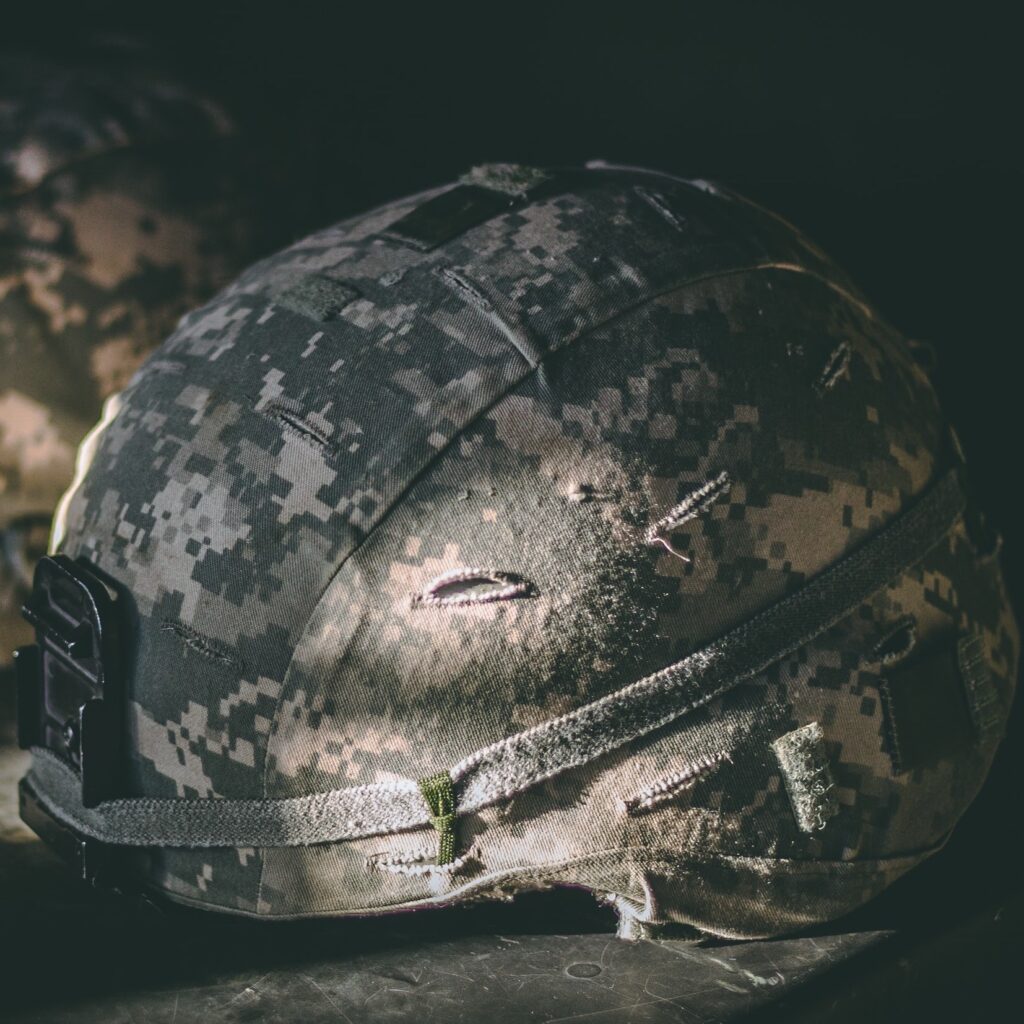Military and First Responders
Active Service Members, Veterans, Police Officers, Firefighters, Paramedics, and Emergency Medical Services
When what you do for a living would be considered traumatic to most people, it is hard to know when to seek treatment. Fears that you will no longer be allowed to continue working at a job you love or redeploy may keep you from seeking the help you deserve. Other fears may include that if you seek treatment, you will be seen as defective or deficient in some way. While that may still be the case at times, many strides are being made in the military, the VA, and some police and fire departments to prioritize, rather than stigmatize, mental health.
So why would therapy help if trauma is part of your job?
Daniel Mattos, a law enforcement veteran of more than 30 years, describes the psychological impact of police work in a way that can easily translate to all those who are military, veterans or first responders:
By the very nature of what we do as police officers, we are unavoidably exposed to a host of toxic elements that can be likened to grains of emotional sand that ever so gradually are placed on our psychological backs. As time goes on, the sand increases in volume. Without the proper tools to remove it, the weight can become unbearable. In fact, in some cases, the sand becomes so heavy that it can collapse officers. The result of the sand’s weight takes a heavy toll on us; substance abuse, anxiety, depression, failed marriages, and other emotional and physical ailments that rise well above societal averages plague our profession (Redman, 2018).



Therapy will provide you with the tools and skills needed to process traumatic experiences in logical and less harmful ways so that you can heal from past wounds and continue working in a field you love. Furthermore, individuals who have the courage to undergo treatment for PTSD not only get better, but they tend to stay better. Multiple studies show that 40%–60% of veterans were still in remission five years after completing treatment.
Although humans rarely die from trauma, if we do not resolve it, our lives can be severely diminished by its effects. Some people have even described this situation as a 'living death.'
